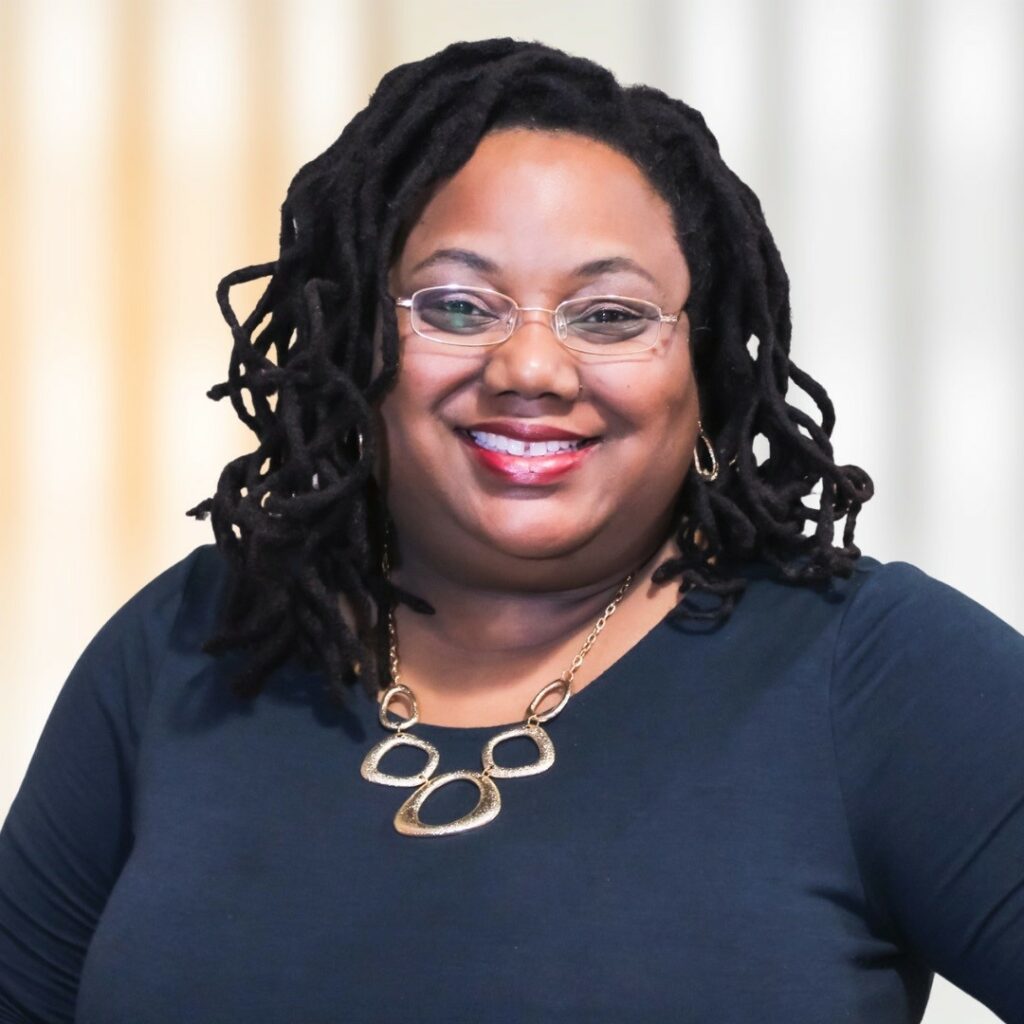
Who gets to decide what is and is not country music? Beyonce’s new singles, “Texas Hold ‘Em” and “16 Carriages,” have stirred up some controversy recently. Some country fans and radio DJs have deemed her music to not be true country music. How they can determine what is true country music is the big question. Despite the backlash, Beyonce has garnered the first ever #1 country song by a Black woman.
Though the origins of country music can be found in the banjos created and played by enslaved Africans, in the years since, the country genre has been largely performed and supported by non-Black people. There have been a few exceptions like Kane Brown, Jimmie Allen, Chapel Heart and Mickey Guyton. But for the most part, the genre that boasts legends like Charley Pride, has not been welcoming to Black artists even though so many Black Americans have deep roots in the south.
In November 2023, Tracy Chapman’s “Fast Car,” which she wrote and recorded 35 years ago, became a #2 hit for country singer Luke Combs and earned Chapman Song of the Year at the 2023 Country Music Awards. Chapman was the first Black woman ever to win this songwriting award. Rapper Nelly and country star Tim McGraw joined forces for their hit song “Over and Over” back in 2004. Brian McKnight’s “Back At One” was covered by country artist Mark Wills back in the year 2000.
Unlike other styles of music, country music is one genre that takes pride in having gatekeepers. To break in, new artists had been required to go through specific steps to be considered legitimate. These steps could take a new artist years to complete. New musicians needed to perform live at famed venues like the Bluebird Café in Nashville, Tennessee, widely known as Music City and the home of country music. Even singer K. Michelle, well-established in R&B and known for songs like “You Can’t Raise a Man,” performed at an open mic night at the Bluebird as she worked toward acceptance into the country music community. New country artists also needed to get the approval of country radio DJs. Skipping steps meant waiting longer for your big break or not getting a break at all.
R&B and hip hop have not been protected in the same way as country music. While I know Black music is appreciated by people across the globe, I recognize that a certain amount of power is needed to be able to decide who will and will not be allowed into a musical genre. Jazz, hip hop, soul, funk, rhythm and blues, ragtime, rock and roll and country are all rooted in the Black American experience. But when you think of rock and roll or country now, Black musicians are not the first to come to mind.
Some have argued that Black people in general can be overly sensitive about cultural appropriation. Yet, in one circumstance after another, the evidence shows that Black art is adopted, adapted and then gatekept in a way that often keeps Black creatives out. This is never more apparent than in music.
And Black country fans have not always been welcomed with open arms either. It wasn’t until the racial reckoning following the death of George Floyd that bands like the Dixie Chicks dropped “Dixie” and Lady Antebellum changed their name to Lady A. The groups’ previous names harkened back to a time of racial strife. The landscape in America in 2020 finally brought to light how unwelcoming those band names were.
The rules for going country have been in place for years, but it appears Beyonce has decided not to play by the rules. Beyonce’s audacity to break the rules and bust open the doors has paid off. Not only has she scored a #1 song on the country charts, but her success has also shed light on the many other Black country artists who have been flying under the radar for too long. She has even given permission for Black country fans to openly share their love of the genre – boot-scooting, line-dancing and all.
No artist should be kept out of creating in whatever style they choose, especially when the roots run so deep.
Camike Jones is the Editor-in-Chief of the Indianapolis Recorder. Born and raised in Indianapolis, Jones has a lifelong commitment to advocacy and telling stories that represent the community.







